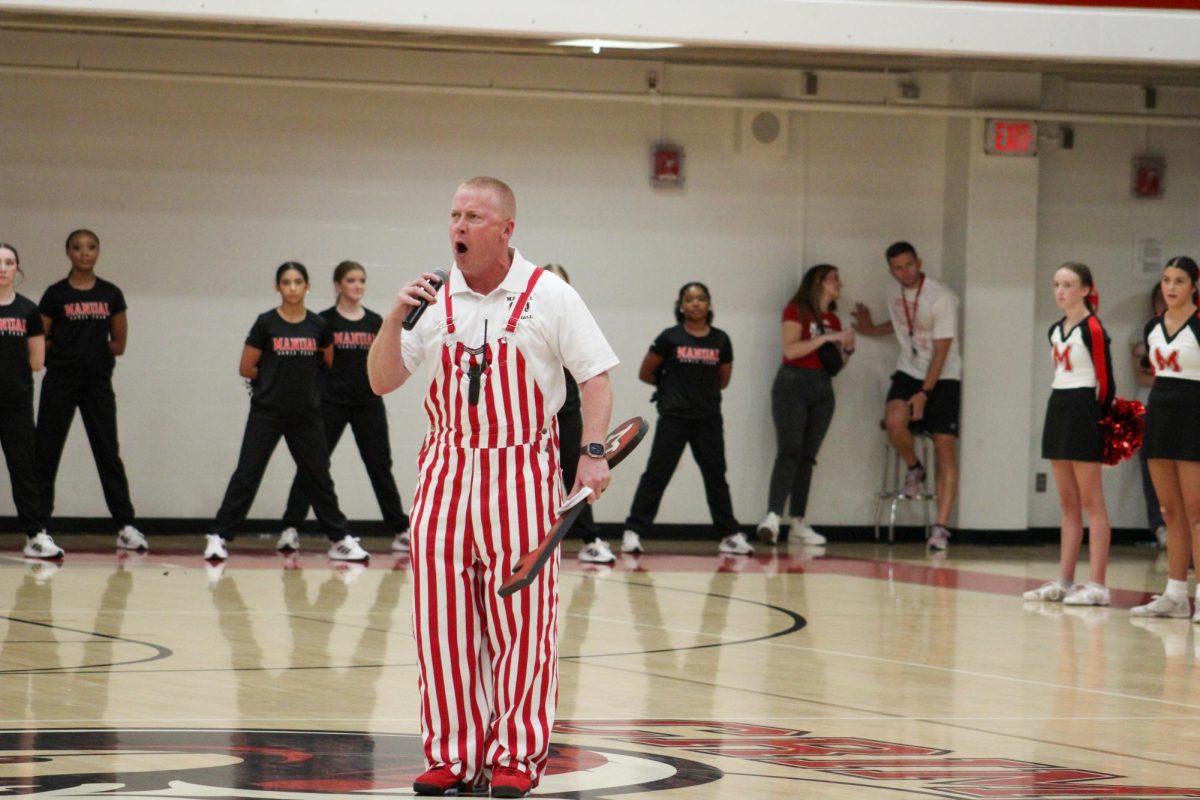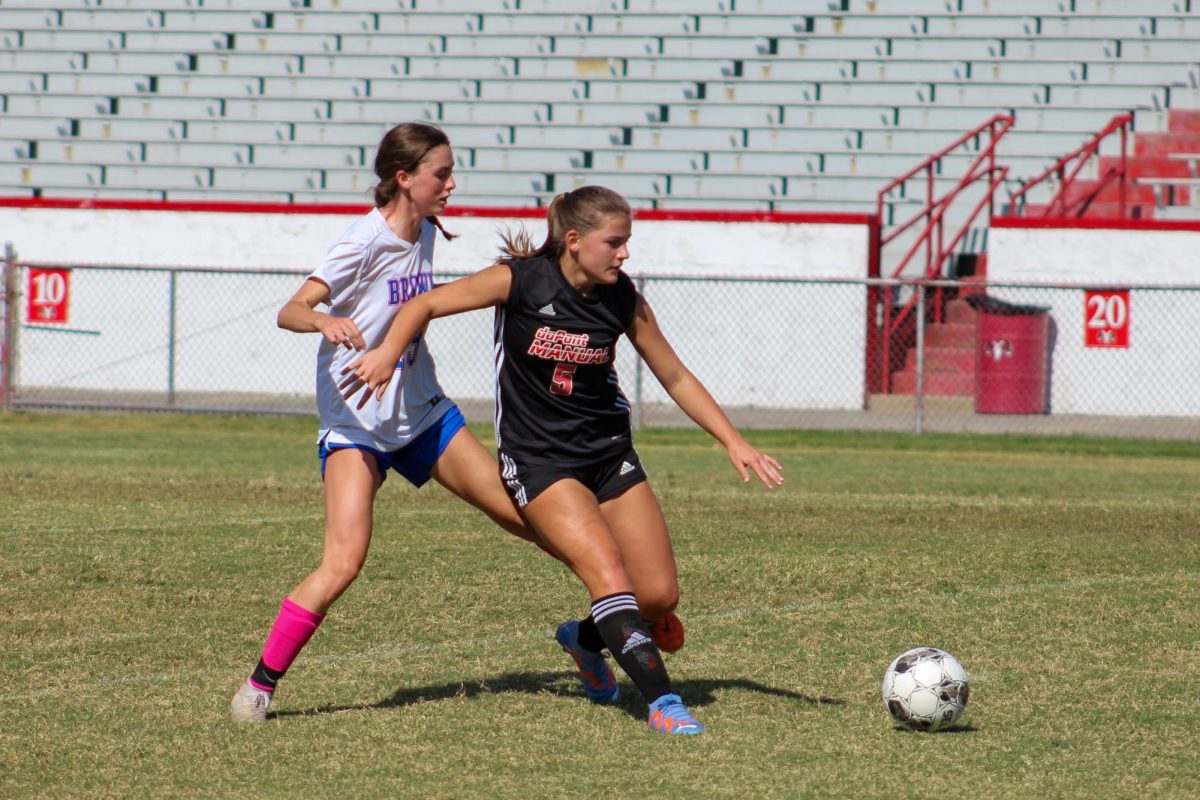“Quiet on the set!” the floor director announced. The camera crew rushed to their designated areas, while papers fluttering through the air. The news anchor drank the last cup of his coffee and glanced at his copy of the rundown. Okay, camera 1 for the intro, then camera 2 for the top story, then back to camera 1 for the second, he recited to himself. The producer glanced at his watch and began the countdown. “And we’re on in five..!” The news anchor swiftly turned over papers and read through his script one last time.
Minutes before the broadcast, he had been told to pull their top story on the war and cover the new season of the Bachelor instead, because the crew had complained that “it was what most people wanted to her about.” The broadcaster tried to wrap his head around the sudden decision, forcing himself to forget all the information he had gathered earlier about the war, and face the fact that he was on in less than three seconds. The producer mouthed the last two numbers and then almost instantaneously, they were on air. The crew had hoped that leaving out their war story wouldn’t affect their town in any way, but it definitely was a problem for one Army wife, who instantly noticed that the 11:00 news wasn’t something she wanted to watch anymore.
Her name was Rachael Fitzpatrick, and she was 25-year-old newlywed who had spoken to her husband not long before the newscast, only to hear that something major did happen.
Her husband, Collen Fitzpatrick, had had a longer day on the job than he had ever had before. “Oh, it was bad,” Collen said. “A group of the bastards bombarded our camp site that night, so the day didn’t end for us just yet.”
Late that night, the worn-out soldiers had walked to a large area of land, as far away as possible from the nearby chaos. If you looked around, you wouldn’t see anythingbut a thick blanket of brown atmosphere shielding your eyes from the smoke and unrest that twitched on the other side. The exhausted soldiers dusted the crumbly rock from their bulletproof vests and took a deep breath. But instead of fresh air surrounding their lungs, a heavy cloud of sand and gravel blocked any bit of oxygen from passing safely through their airways. One by one, they grabbed the tiny shovels that were stuffed in the bottoms of their bags and dug the holes that they would sleep in for the night. Cuddled up in a thin, jagged blanket, they rested – but were soon interrupted. Cracks slowly developed in their man-made mattresses. With his tired eyes still shut, Collen sank down lower in the mud, grabbing the dirt with his broken nails, preparing to fight any monster that dared to lurk into their bedroom.
The very next morning, the officers were informed of the unexpected event that had happened that night: 17 had been injured, 10 of them being American soldiers. Weeks and weeks followed, but there was no headline in the news explaining the unexpected attack.
“If you were to ask the men and women stationed in Afghanistan what they would want to do before work,” Collen said, “it would be to spend that little bit of time in the morning to call our wives, and tell them how much we dream of them here. Or to remind our children, that in no time at all, it’ll be you taking them to daycare in the mornings. But that time doesn’t exist.” Collen paused and looked up at the sky, making his brown eyes baskets for his tears. “So I guess you could say we depend on those news people to just simply do their job.”
Some new stations claimed that their amount of airtime for the war was sufficient, while others stations, like MSNBC, knew they had some work to do. According to Nielsen Media Research, MSNBC brought the American flag back on screen and regularly ran a tribute called “America’s Bravest,” which featured photographs sent by family members of troops deployed in Iraq. Eager to make changes, MSNBC also fired liberal Phil Donahue, a critic of Bush’s Iraq policy, and replaced his show with Iraq war coverage hosted by Keith Olbermann. Shortly after Donahue’s firing, MSNBC hired Michael Savage, a controversial conservative radio talk show host, for its Saturday afternoon show. During February sweeps, Donahue’s show averaged 446,000 viewers, compared to rival Connie Chung‘s 985,000 on CNN and Bill O’Reilly’s 2.7 million on Fox News.
Many families across the nation are relying on journalists to make similar changes and bring the American Flag back on air. But instead, stories about weather, funny Twitter posts, and small neighborhood crimes are taking up all the airtime. Broadcasting networks say that they decide on their top stories by determining which story is most newsworthy, affecting the most amount of people for the longest time. But many families, and even bloggers, take a stand in the issue, stating that even though the top headlines may be the most relevant, reports on the war should also have an even mix of airtime.
Peter Brent, owner of an Australian blog called Mumble, says that he’s always been concerned about the lack of war coverage in the news, but after discovering that Australian soldier deaths in Afghanistan have almost quadrupled since 2007, there’s a much more personal connection. “Since the start [of 2007], Australia has lost on average one soldier every 31 days,” Brent wrote. “There are a hell of a lot of other less important things that happen once a month that get a better run in the news than did the deaths of Corporal Ashley Birt, Lance Corporal Luke Gavin and Captain Bryce Duffy.”
From Australian to American, and from the sudden deaths to surprising attacks, new things are happening in the war zone every day. And Greg Jericho, weekly writer for the blog The Drum, said that the least we can do is show respect for what they are doing, what they did, and what they will continue to do for us in the future. And even though other things are also going on in the world, just a few-minute update on the war won’t cancel their stations or ruin their papers. “If the media is really concerned about respect, I wonder: would it not be more respectful to provide better coverage of what the soldiers are doing while they are alive than when they are dead? And I’m certain that we don’t discuss sufficiently – among ourselves and in public – the obligations that the public welfare side of journalism imposes on us,” Jericho wrote.
“It’s just sad,” said Jenny White, mother of two who have died in Afghanistan. “It’s sad how manipulative people can be sometimes, especially the ones we trust, and how the public blindly follows. These people that are protecting us are dying! And that has a way of taking precedence over all other news.”



